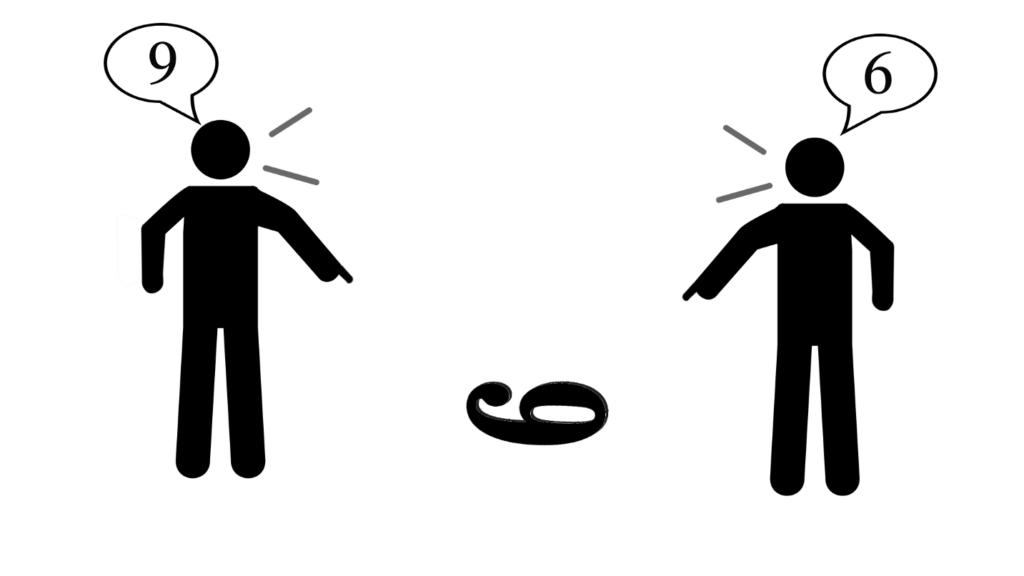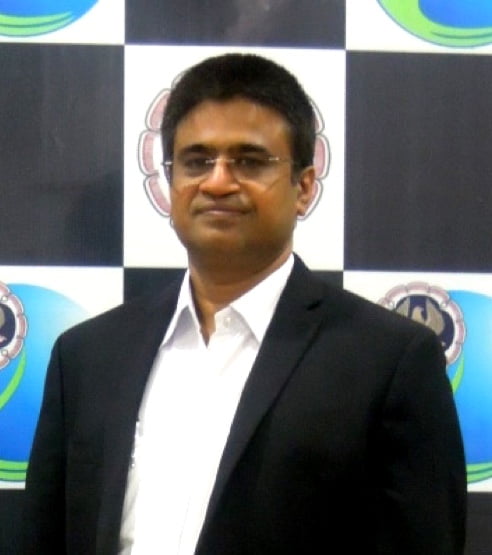What is in existence is the reality. The opinions can be as varied as possible, yet the reality remains the same.
Disagreements are natural in every relationship. Every relationship is bound to have some conflicts of opinions. Human beings are sentient creatures who can create their own version of what is right and what is wrong. These rights and wrongs are imaginary products of the human mind while in reality there is just being. Everything that happens is with definite “cause and effect” natural laws that are there. Facts and reality are fixed and only one. The opinions based on them can be different and endless.
Being receptive to the thoughts/opinions of other people, while continuing to hold a conflicting opinion and still living in harmony with them is a sign of wisdom. Valid conclusions or “truths” are achieved through a process of putting forth an argument and listening to a counter-argument with an open mind. Logic and reasoned analysis in alignment with the universal principle of coexistence is the best method to help the other individual see your side of the story.
We naturally tend to avoid disagreements of any kind — especially those that may generate some level of emotional discomfort. This makes it hard for us to validate our beliefs and opinions with a 360-degree view, reducing the scope for improvement in our imagination.

We need to learn how to disagree and how to gain clarity on divergent opinions to strengthen our relationship with other human beings and the world around us. We must understand that disagreement is ubiquitous, and it is a precursor to validating and updating our beliefs. These will be a tool for developing a holistic perception of existential reality.
Disagreements also signal that one has enough respect for another person’s opinion. It helps to engage deeply in the matter and question things in an effort to understand. It is about working through opposing viewpoints to reach a common understanding that everyone can accept.
“We all look at things with different presumptions or preconceptions, and thus the ultimate picture is distinct to all of us. For that reason, what one person vouches for as truth will have another person vouch as false. The differences in opinions are nothing to be alarmed about, it is just a matter of how one processes the information to reach a conclusion” — having this simple understanding can make interactions with other human beings a breeze.
Interaction with self, with other human beings, and with nature should lead to harmony and peace. This can be achieved if interactions are educating and helping individuals in growing their knowledge of existential reality.
Having knowledge of how human beings think, how opinions are formed and validated, and what is the purpose to be served by forming creating and sharing opinions is essential. Relationships have a much bigger role to play in human living and forming opinions and accepting divergent opinions is a subset of the living.
Each and every human relationship has its own sanctity and fulfillment, and all relationships can be understood and lived in a fulfilling way. The advice would be to understand each other’s position, respect different opinions, and learn from the contrasting ideas. This way, life would be full of bliss.



